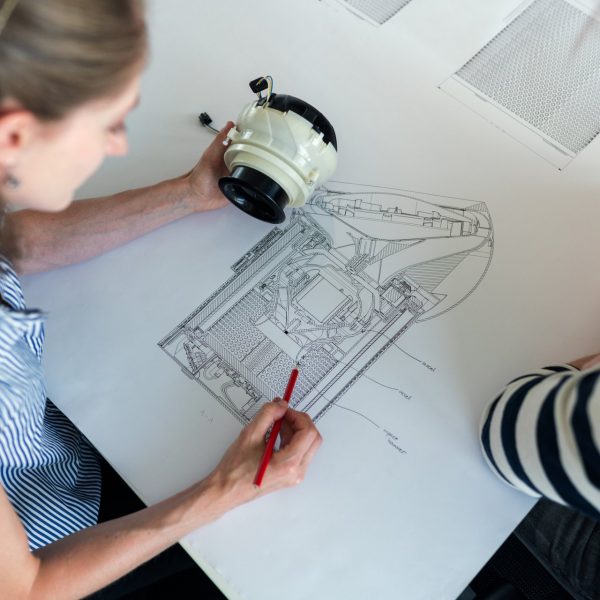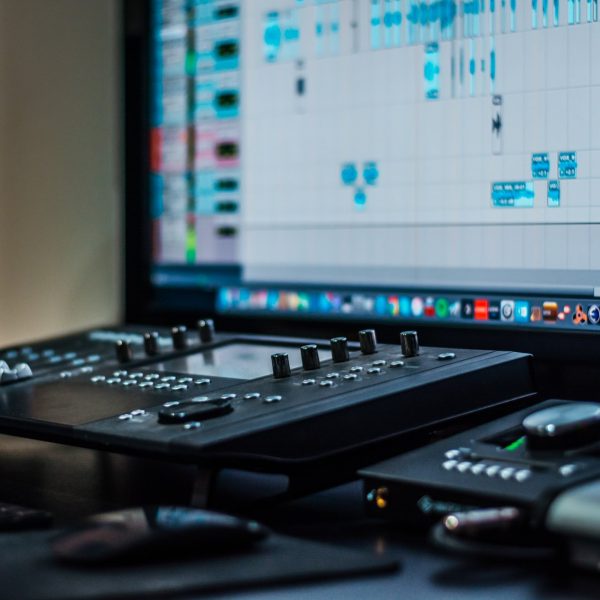By George Hattingh
Jnr. Director Academy of Sound Engineering
The topic of Engineering is an interesting one. So many people make the assumption that all engineers are doing fairly similar things. Whether it is what they study or what they do in their day to day jobs, if you do a very quick Google search for different kinds of engineers, you will quickly find an unsuspected diversity in the different types of engineering fields and indeed the different types of engineers.
Aerospace engineers design or build aircraft and missiles, systems for national defence, or spacecraft.
Agricultural Engineers design agricultural machinery and equipment and develop methods to improve the production, processing and distribution of food and other agricultural products.
Automotive Engineers work with other engineers to design and test brake systems, engines, fuel technologies and transmissions within a vehicle
Biomedical Engineers focus on advances in technology and medicine to develop new devices and equipment for improving human health.
Chemical Engineers develop and design chemical manufacturing processes.
Civil Engineers design major transportation projects. Civil engineers conceive, design, build, supervise, operate, construct and maintain infrastructure projects and systems in the public and private sector
Computer Engineering is a field that integrates electrical engineering and computer science. Computer engineers build devices, design computer networks and develop new technologies
Data Engineers are IT workers whose primary job is to prepare data for analytical or operational uses in the Information Technology sector.
These are just SOME of the engineering fields that a learner, who is making decisions about their career, or study options in the general fields of engineering could consider. So many options and so much knowledge to gain through the various partners aligned with the X2Y Career Guidance Program. Many universities and other private higher education institutions associated with the X2Y Career Guidance Program offer a wide range of qualifications in these fields.
However, this blog post was written to show the diversity of engineering in a way that the majority of readers would never have considered.
Sound Engineering:
I know that immediately when people read the words sound and engineering next to each other, it conjures up images of a DJ at a nightclub playing on CDJ’s. These are our people too. And we love them. But it is time that the concept of a DJ and the reality of what a sound engineer does are separated. It is a misconception. One that needs to be addressed—what better place than here amongst respected colleagues and institutions of Higher Learning.
Let’s unpack what sound engineering actually is. A part of that is also to identify that it’s not simply DJ’s and sound engineers. In fact, the majority of what happens in the entertainment industry from a content creation industry falls into neither of these categories. These are the music producers, video editors, broadcasting and live event technicians that fall under the general areas of Audio and Video Technology. This author has so much more information regarding these areas in terms of careers and study options. But that’s for another blog.
Today, we are focusing on sound engineering, which we have now established as something other than the performing art of DJ’ing at a club or producing new original entertainment content for the masses.
Sound engineering looks at the technology and software that the individuals above use on a daily basis and asks the questions. Questions like how fast? How big? How much? Sound engineers work towards designing and manufacturing faster, smaller, cheaper, more efficient and more effective equipment, facilities and software for the enormous industry which supports content creators.
So what does this mean in real life? Where would you see a sound engineer applying their trade? Well, you see it every day, but you just might not know it. Some of it is more obvious, like software engineering and designing plug-ins for Digital Audio Workstations (DAW’s) used by millions of content creators. Designing the equipment like microphones, speakers, mixing consoles, control surfaces, amplifiers, audio processors, and so much more equipment that the entire content creation and entertainment industry relies on.
A sound engineer may be applying their trade in the broadcasting industry. Sporting events, beauty pageants, awards ceremonies, and so much more gets broadcast live to millions of people. That requires unique equipment and software and someone with a deep understanding of how it all works to get the broadcast functioning.
The evolution from mono, to stereo, to 5.1 to Atmos broadcasting and content creation is only possible because of people who understand mathematics, electronics and physics to move from one technological norm to the next.
You may also find a sound engineer working on designing a new recording studio, taking materials and acoustics into consideration at every step. Think about that for a moment, though. Are they designing a studio? That’s like architecture, right? 100%! Bespoke architecture, while taking things into consideration like sound design, acoustical engineering, soundproofing. Working hand in hand with conventional designers to create the most amazing auditory environment for listening to or capturing sound accurately and authentically.
I’m certain that many of you now have a new and exciting outlook and appreciation for engineering. This author would love to discuss it with you if you have questions or comments for me.
Find our contact info below, or visit the links below to find out more:
https://ase.co.za
https://www.facebook.com/AcademyofSoundEngineering/
https://www.instagram.com/see_ase/
https://www.tiktok.com/@see_ase
https://x2ycareerguidance.co.za/institution/academy-of-sound-engineering/




